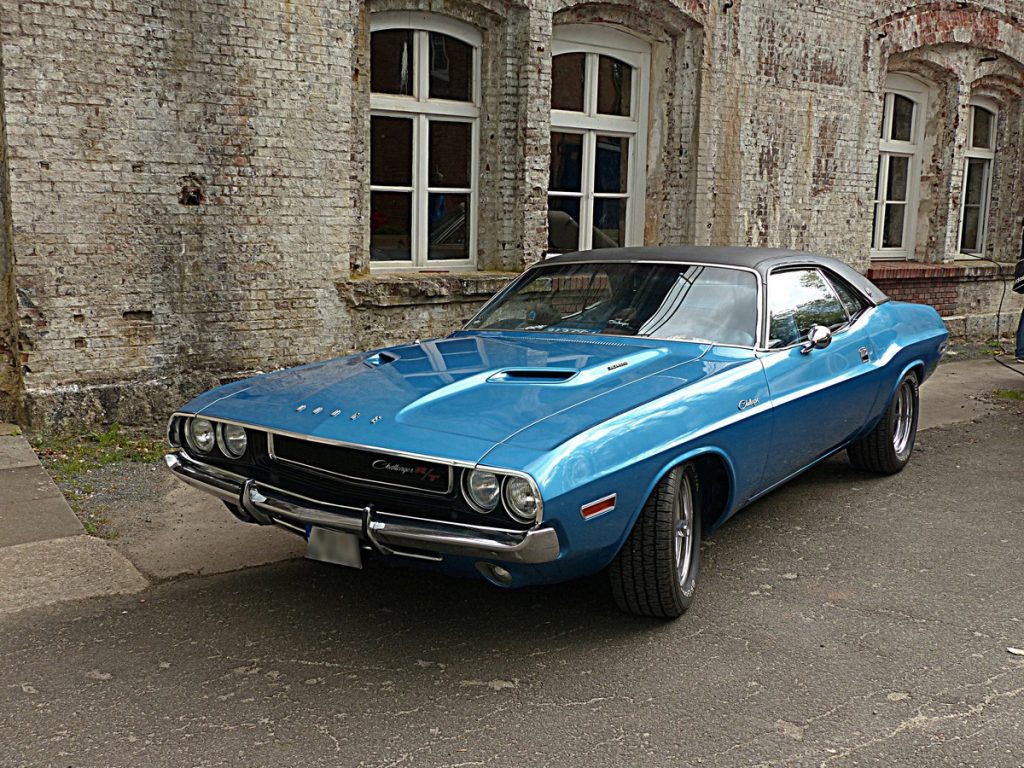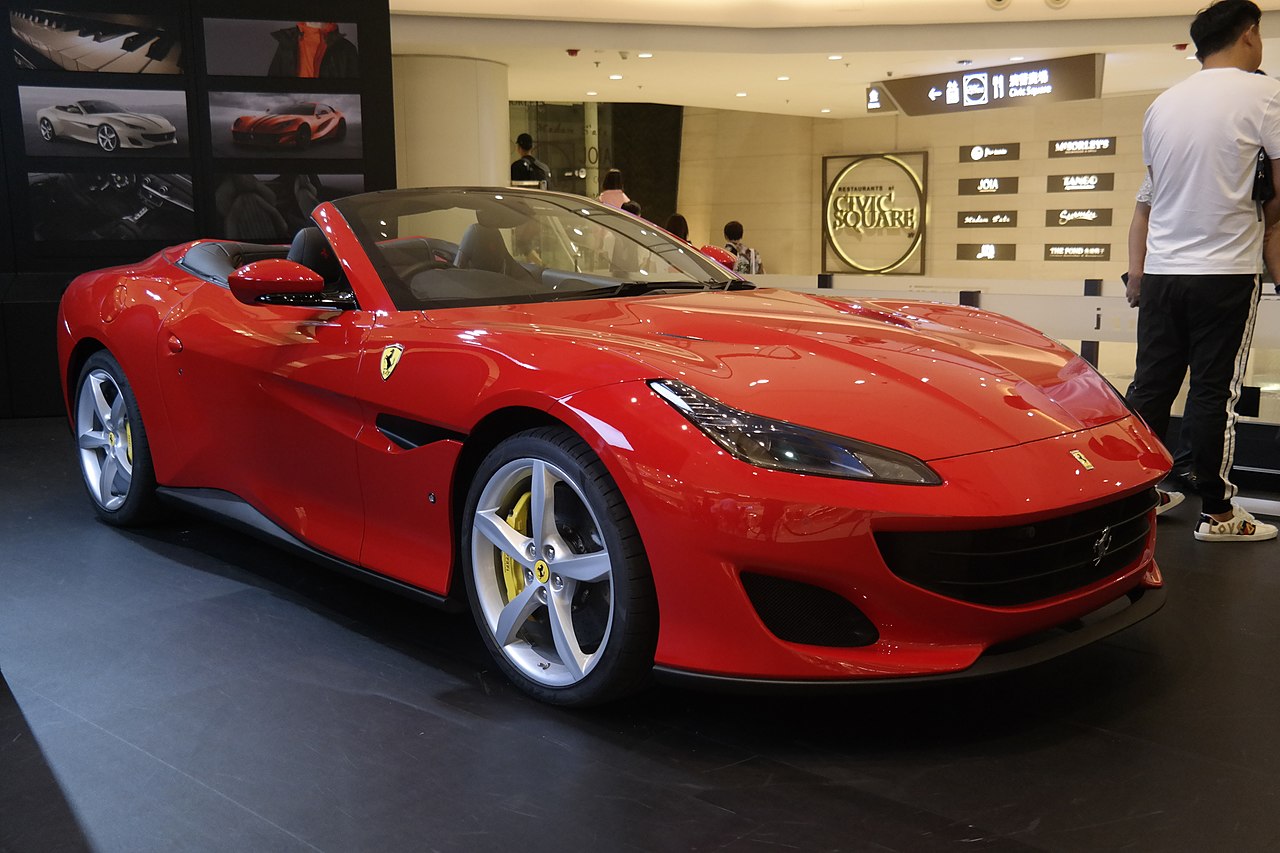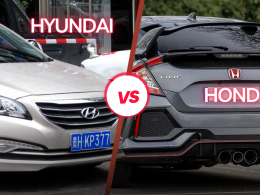Sports cars and muscle cars are two of the most iconic and recognizable types of vehicles on the road today. Both are beloved by car enthusiasts and drivers who appreciate the thrill of high-performance driving. However, there has always been a debate about which one is better. Some people swear by the agility and handling of sports cars, while others prefer the raw power and muscle of classic American muscle cars. In this article, we will explore the characteristics of sports cars vs muscle cars and compare their strengths and weaknesses to determine which one reigns supreme on the road.
Characteristics of a Sports Car
Sports cars are typically smaller, more nimble vehicles that are designed for speed and performance. They are known for their sleek, aerodynamic designs and handling capabilities. Here are some of the key characteristics of a sports car:

- Lightweight: Sports cars are usually smaller and lighter than other types of cars. This allows them to be more agile and handle better on the road.
- High-performance engine: Sports cars are known for their powerful engines, which can produce impressive amounts of horsepower and torque. These engines are designed to deliver quick acceleration and high top speeds.
- Tight suspension: Sports cars have a tighter suspension system than other types of cars. This allows them to handle corners and turns with more precision and control.
- Two-seater or 2+2 seating: Sports cars are typically designed to seat two people, although some models have a 2+2 configuration with small rear seats.
- Expensive: Sports cars are often more expensive than other types of cars, due to their high-performance engines, advanced technology, and premium materials.
Characteristics of a Muscle Car
Muscle cars, on the other hand, are larger, more powerful vehicles that are designed to deliver raw, unbridled performance. They are known for their distinctive styling and loud, powerful engines. Here are some of the key characteristics of a muscle car:
- Heavy: Muscle cars are typically larger and heavier than other types of cars. This gives them a more imposing presence on the road, but can also make them more difficult to handle.
- High-performance engine: Like sports cars, muscle cars have powerful engines that can produce a lot of horsepower and torque. However, these engines are typically designed for straight-line speed and acceleration rather than handling and agility.
- Soft suspension: Muscle cars have a softer suspension system than sports cars, which can make them more comfortable to drive over long distances. However, this can also make them less precise and harder to handle on the road.
- Four-seater or five-seater seating: Muscle cars are typically designed to seat four or five people, making them more practical for families or groups.
- Affordable: While there are some high-end muscle cars that can be expensive, many models are relatively affordable, especially when compared to sports cars.
Comparison of Sports Cars and Muscle Cars
Now that we have looked at the key characteristics of sports cars and muscle cars, let’s compare the two types of vehicles in more detail. Here are some of the factors to consider when comparing sports cars and muscle cars:
Performance
One of the most important factors to consider when comparing sports cars and muscle cars is their performance. Both types of cars are designed to deliver high levels of power and speed, but they do so in different ways.
Sports cars are designed for handling and agility. They typically have tight suspension systems, advanced aerodynamics, and lightweight bodies that allow them to corner and turn with precision. Sports cars also tend to have high-performance engines that can produce a lot of horsepower and torque, but are often designed with handling and agility in mind rather than straight-line speed.
Muscle cars, on the other hand, are designed for straight-line speed and acceleration. They typically have more powerful engines than sports cars, which can produce incredible amounts of horsepower and torque. However, muscle cars are not typically known for their handling capabilities. They have softer suspension systems that prioritize comfort over precision, and their large, heavy bodies can make them more difficult to control on the road.
In terms of acceleration and top speed, both sports cars and muscle cars can be incredibly fast. However, sports cars are typically faster off the line and have higher top speeds than muscle cars. This is because sports cars are designed for quick acceleration and handling, while muscle cars are designed for brute force and straight-line speed.
Overall, if you value handling and agility, a sports car is likely the better choice. If you prioritize straight-line speed and raw power, a muscle car is likely the better choice.
Design
Another factor to consider when comparing sports cars and muscle cars is their design. Both types of cars are known for their distinctive looks and styles, but they are very different in terms of their aesthetics.
Sports cars are often sleek and aerodynamic, with low profiles and curved lines. They are designed to be visually appealing and catch the eye of onlookers. Sports cars often have small grilles, large wheels, and low-slung bodies that make them look fast even when they’re standing still.
Muscle cars, on the other hand, are typically larger and more imposing. They have aggressive styling with bold lines, muscular fenders, and long hoods. Muscle cars often have large grilles, hood scoops, and other design elements that emphasize their power and performance.
In terms of interior design, sports cars are often more focused on driver comfort and performance. They typically have minimalist interiors with high-tech features and comfortable seats that keep the driver in control. Muscle cars, on the other hand, often have more spacious interiors with more features and amenities for passengers.
Overall, sports cars and muscle cars have very different design aesthetics. If you prefer a sleek, aerodynamic look, a sports car may be the better choice. If you prefer a more aggressive, muscular look, a muscle car may be the better choice.
Practicality
While sports cars and muscle cars are known for their performance and design, they are not always the most practical vehicles. Here are some factors to consider when comparing the practicality of sports cars and muscle cars:
- Cargo space: Sports cars are often very small, which means they don’t have much cargo space. Muscle cars, on the other hand, are often larger and can have more cargo space.
- Passenger space: Sports cars are typically designed to seat two people, although some models have a small rear seat. Muscle cars, on the other hand, can often seat four or five people, making them more practical for families or groups.
- Fuel economy: Neither sports cars nor muscle cars are known for their fuel economy. However, sports cars are often more efficient than muscle cars, thanks to their smaller engines and lighter bodies.
- Price: Sports cars are often more expensive than muscle cars, due to their high-performance engines and advanced technology. Muscle cars, on the other hand, can be relatively affordable, especially when compared to sports cars.
Overall, if you prioritize practicality, a muscle car is likely the better choice. However, if you don’t need much cargo or passenger space and can afford a higher price tag, a sports car may be the better choice.
Video: Counting Cars: Muscle Cars vs Sports Cars
Conclusion
In the ongoing debate between sports cars vs muscle cars, there is no clear winner. Both types of vehicles have their strengths and weaknesses, and the choice between them ultimately comes down to personal preference.












